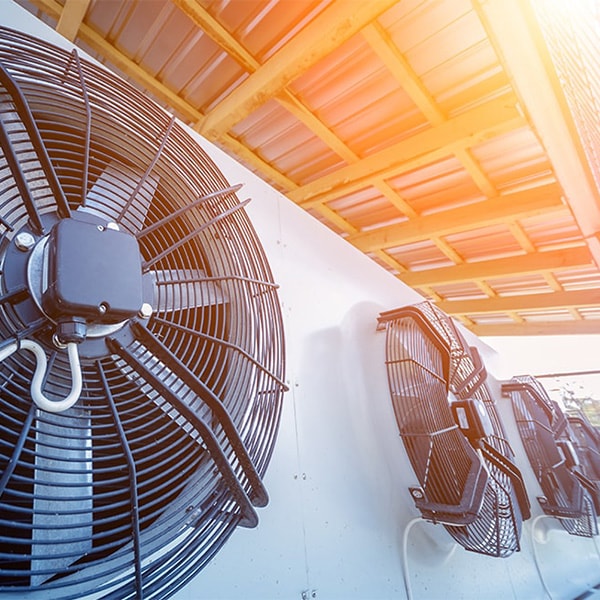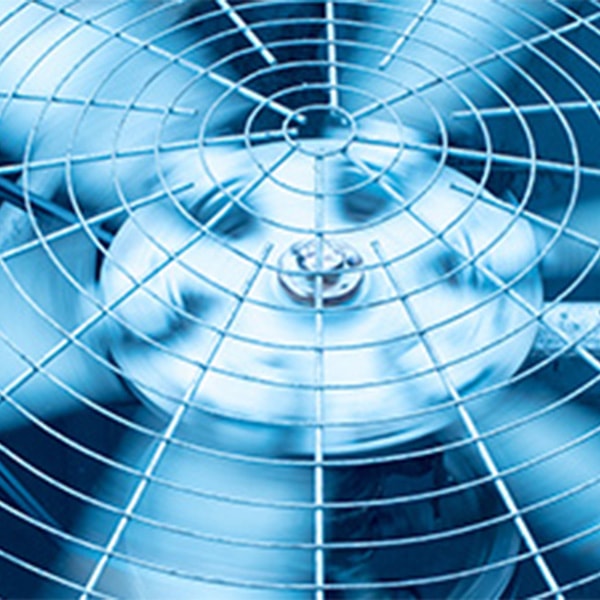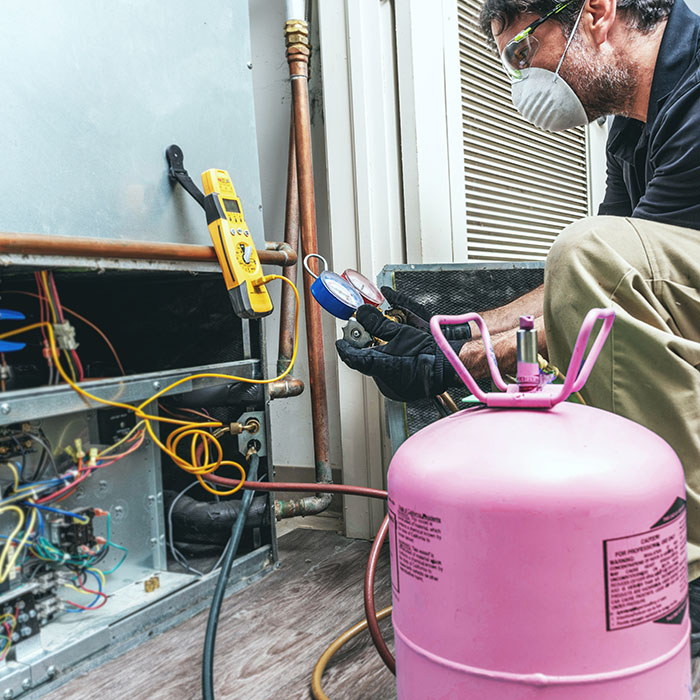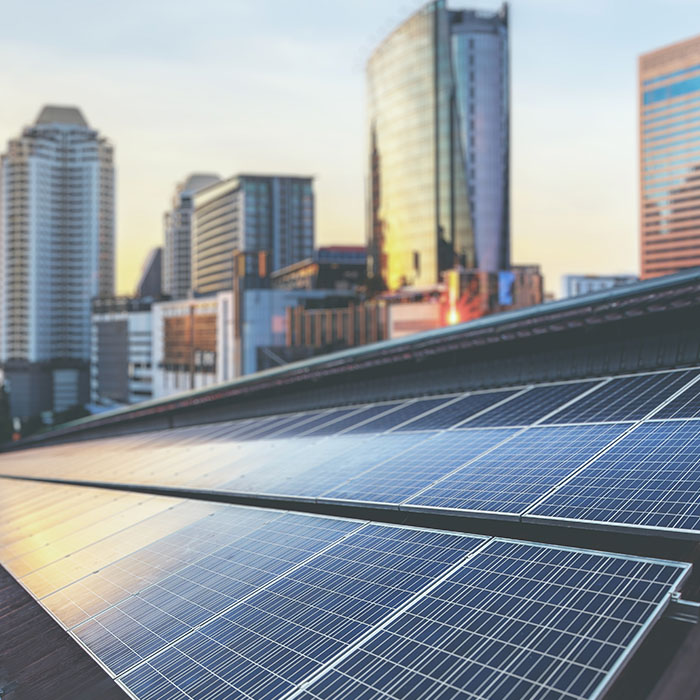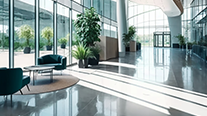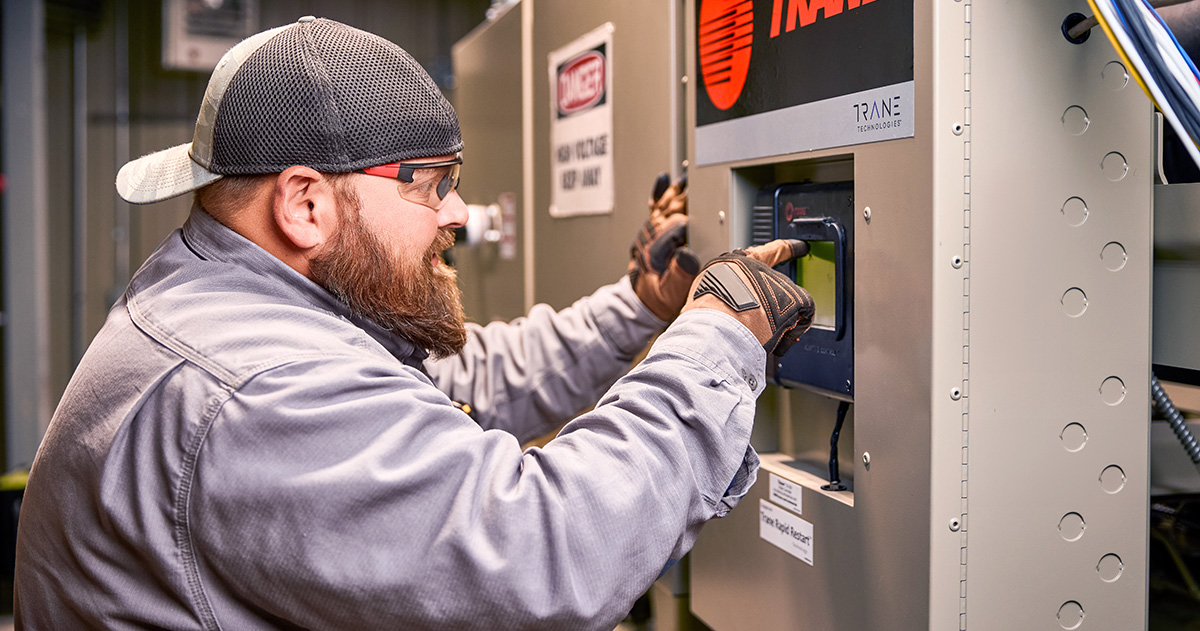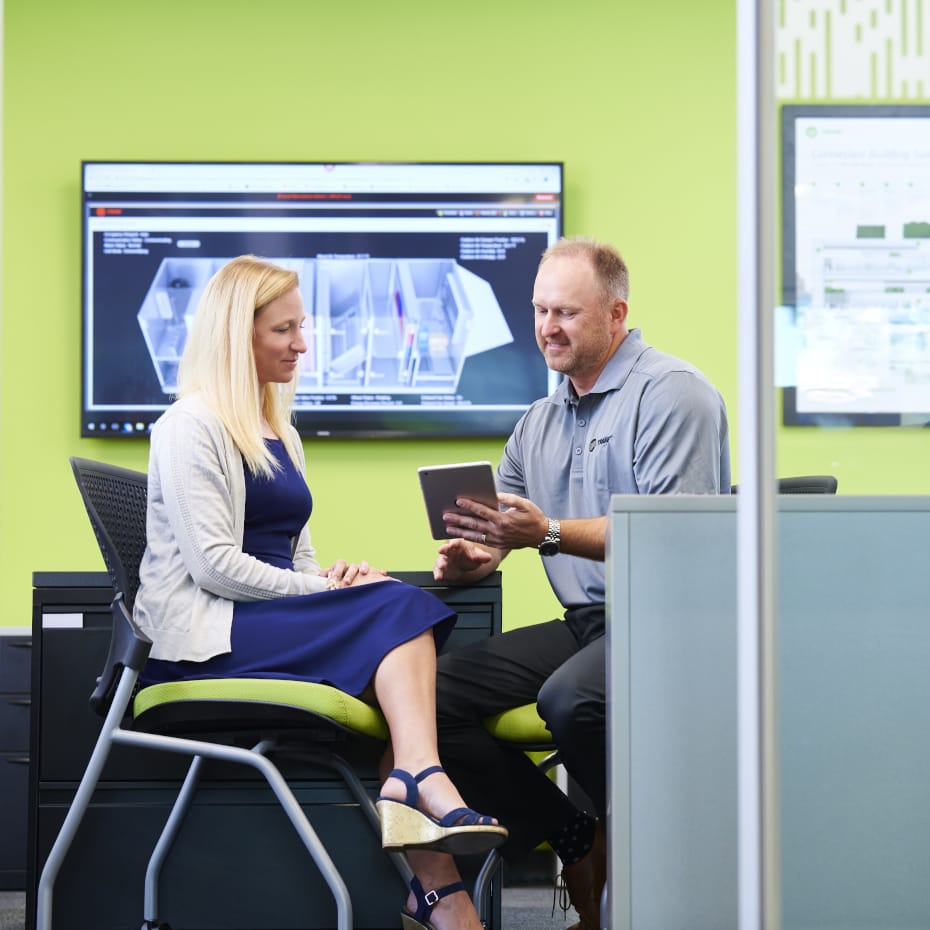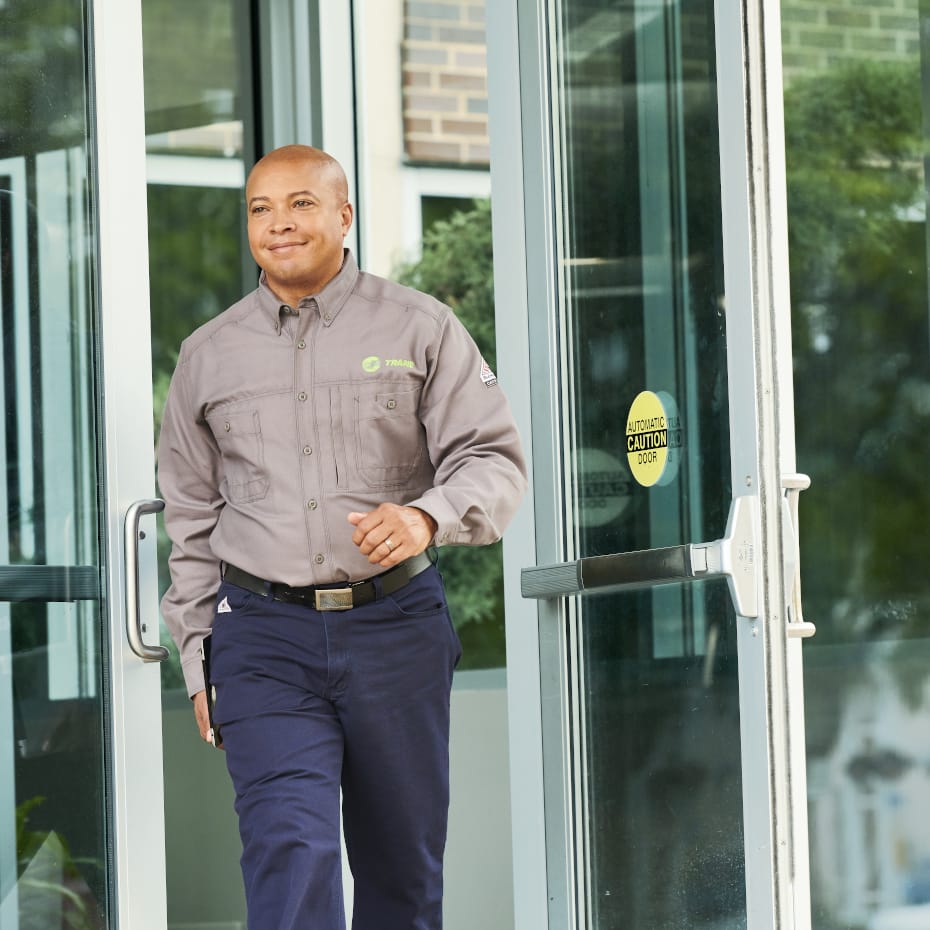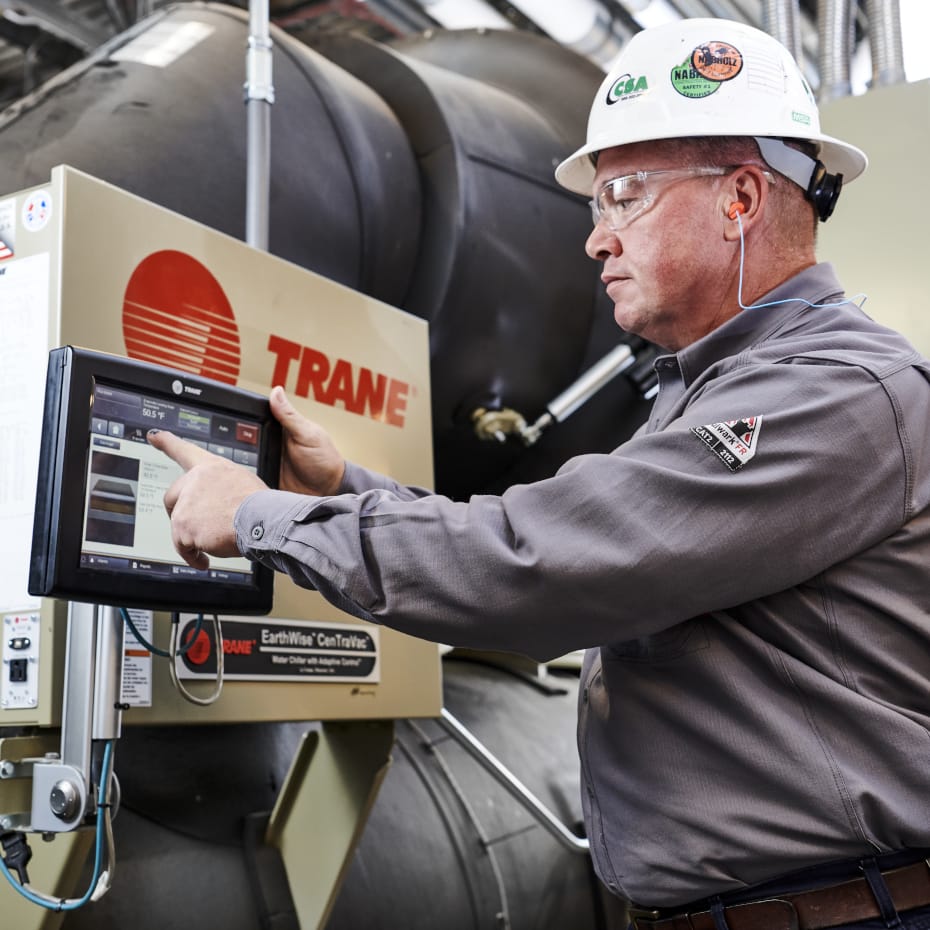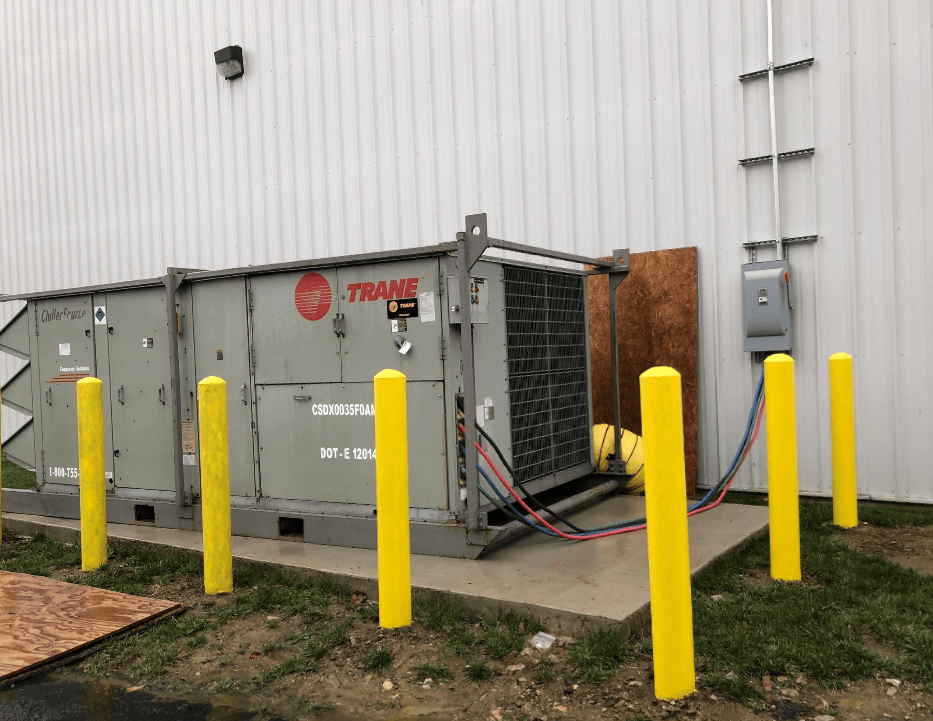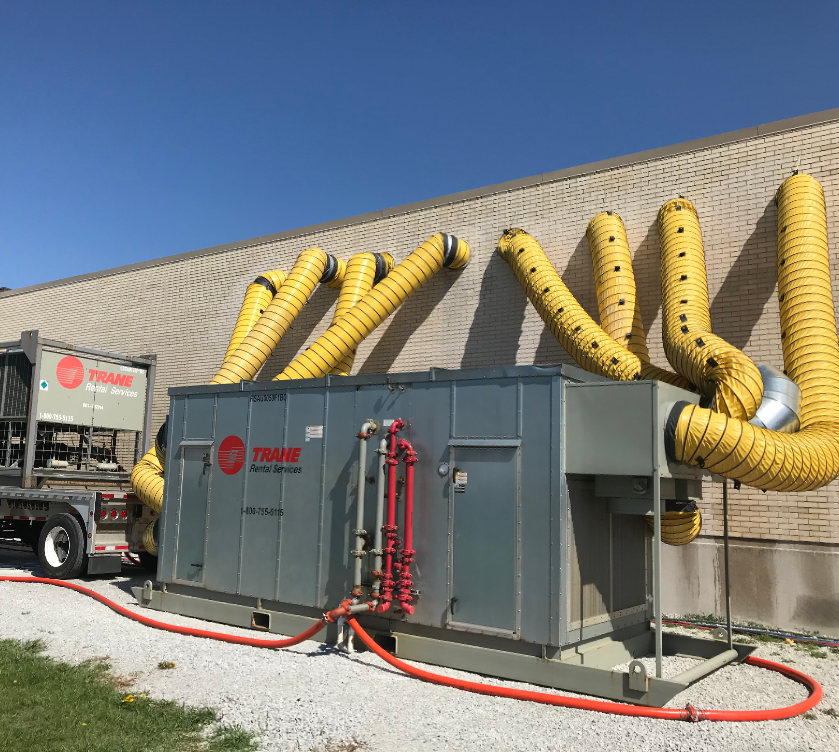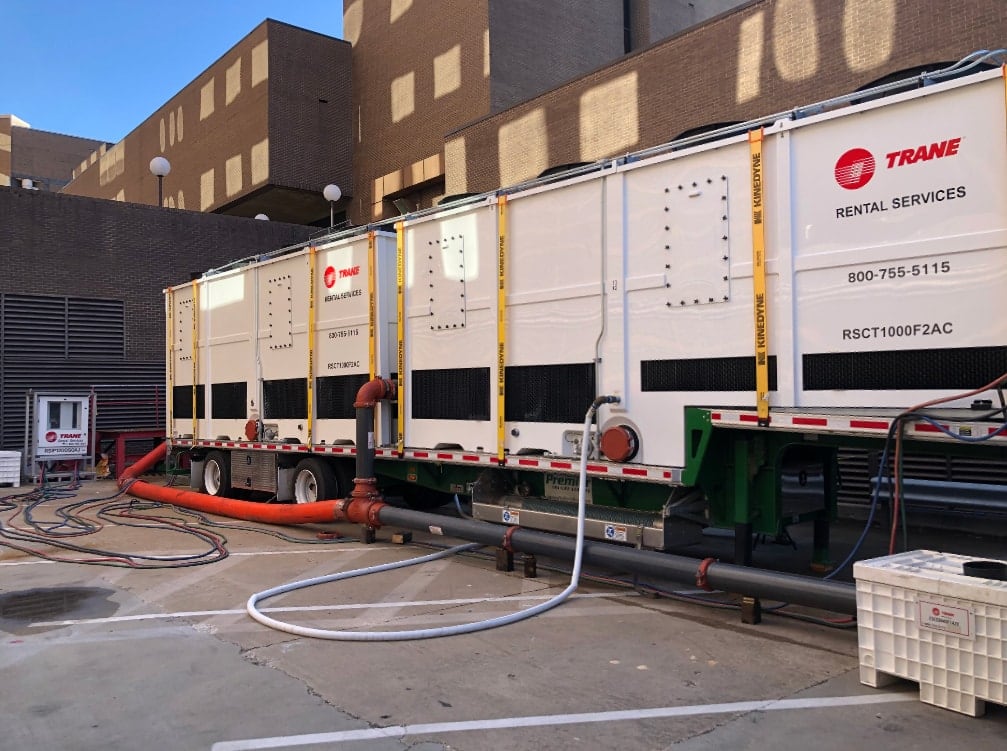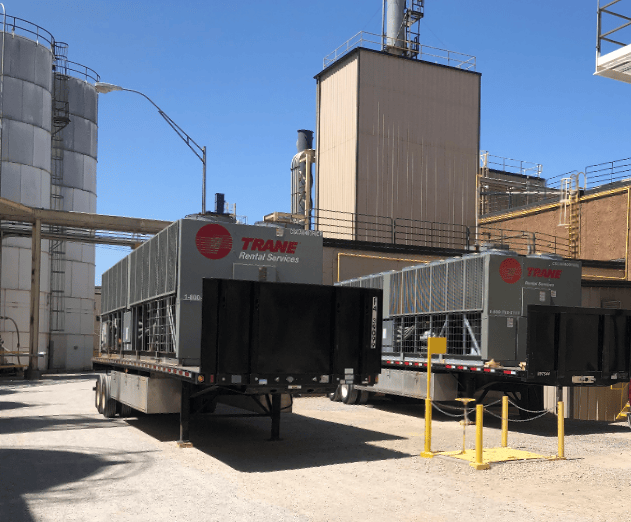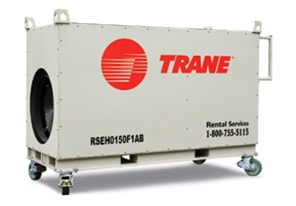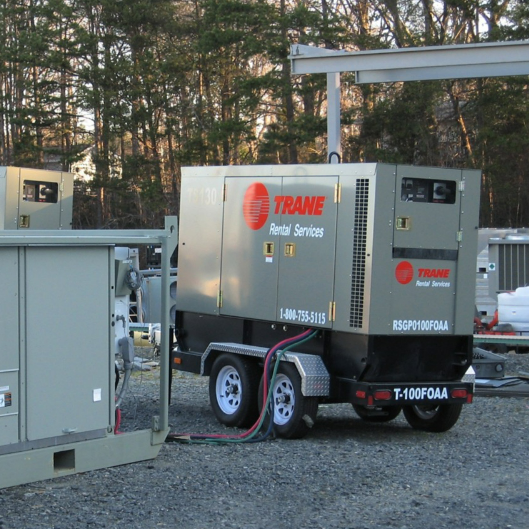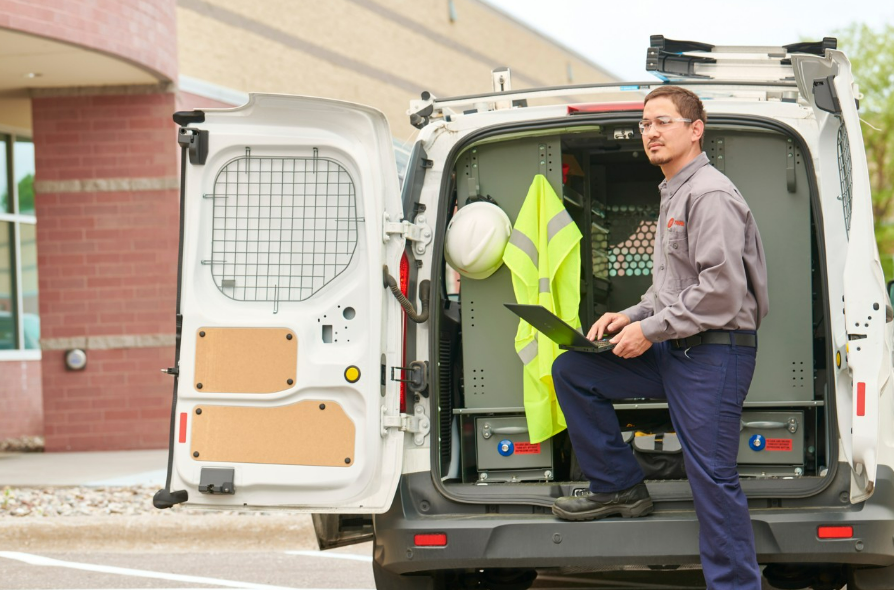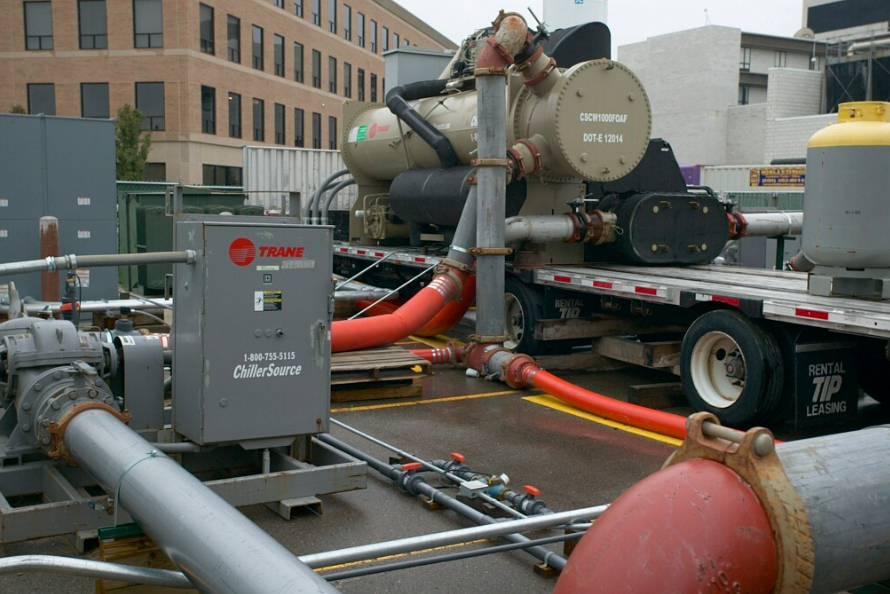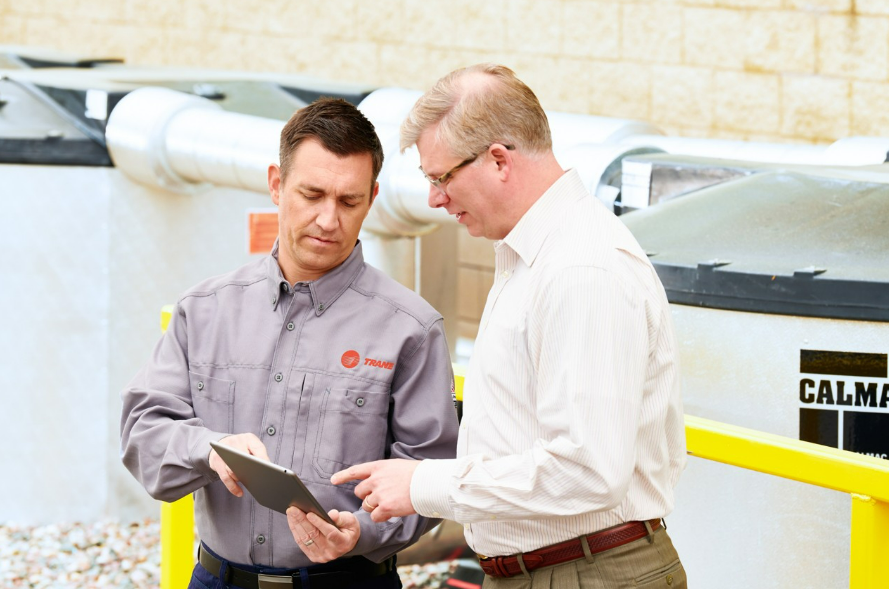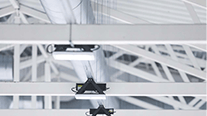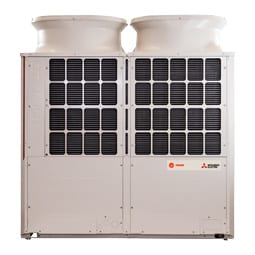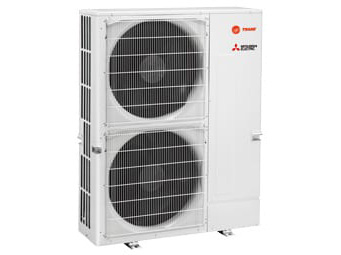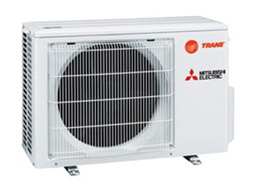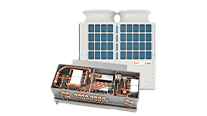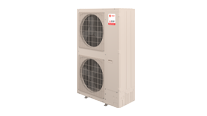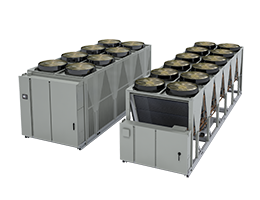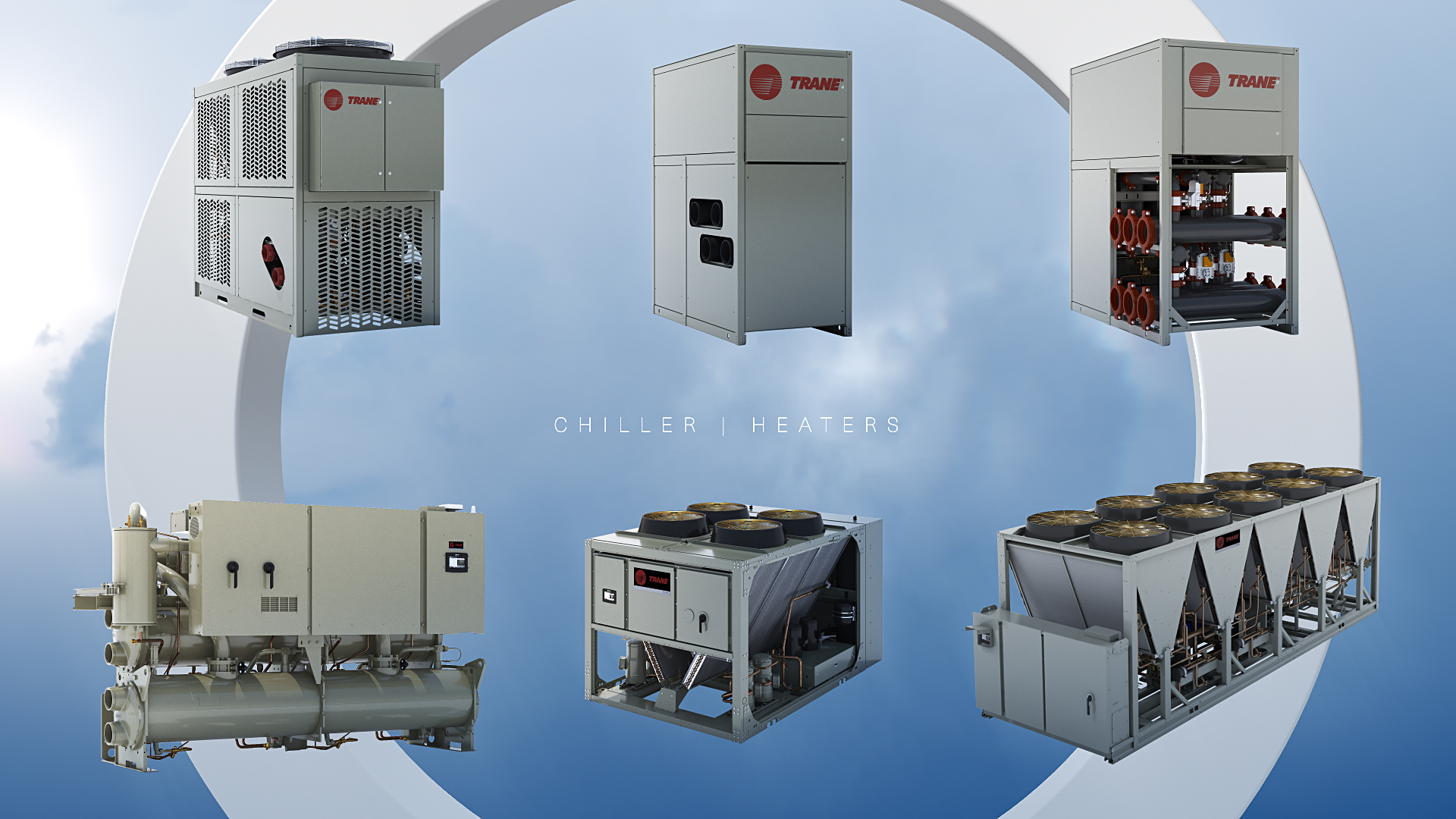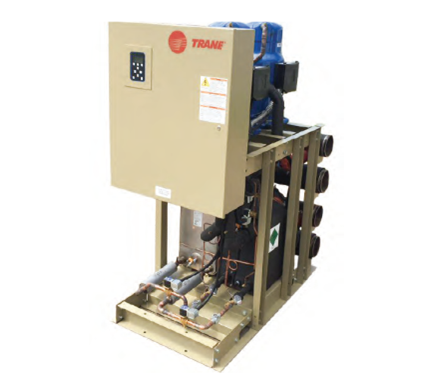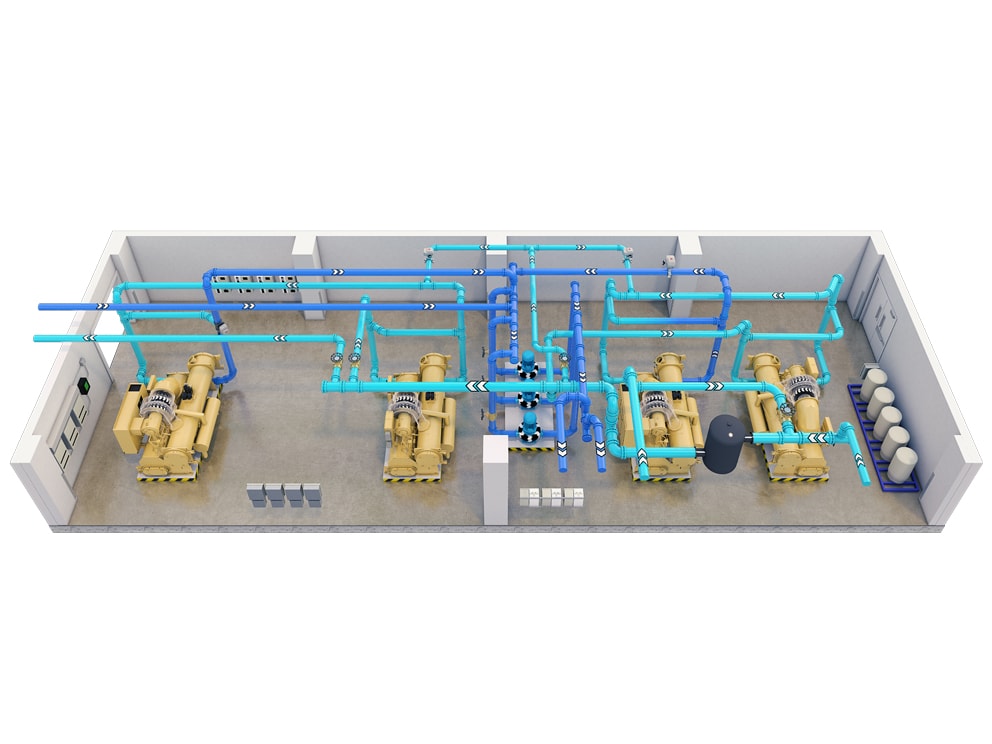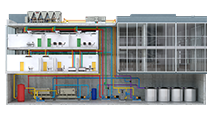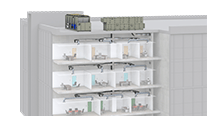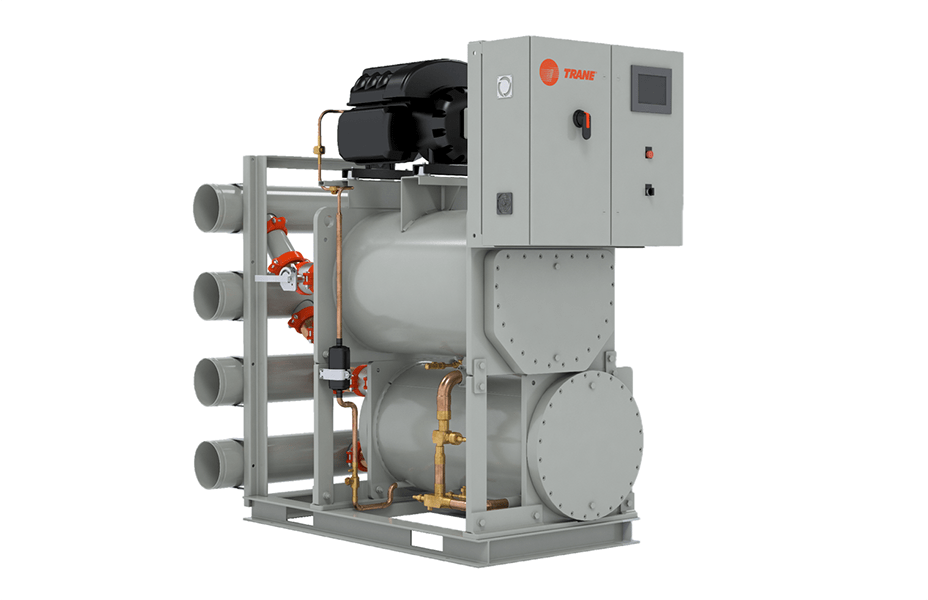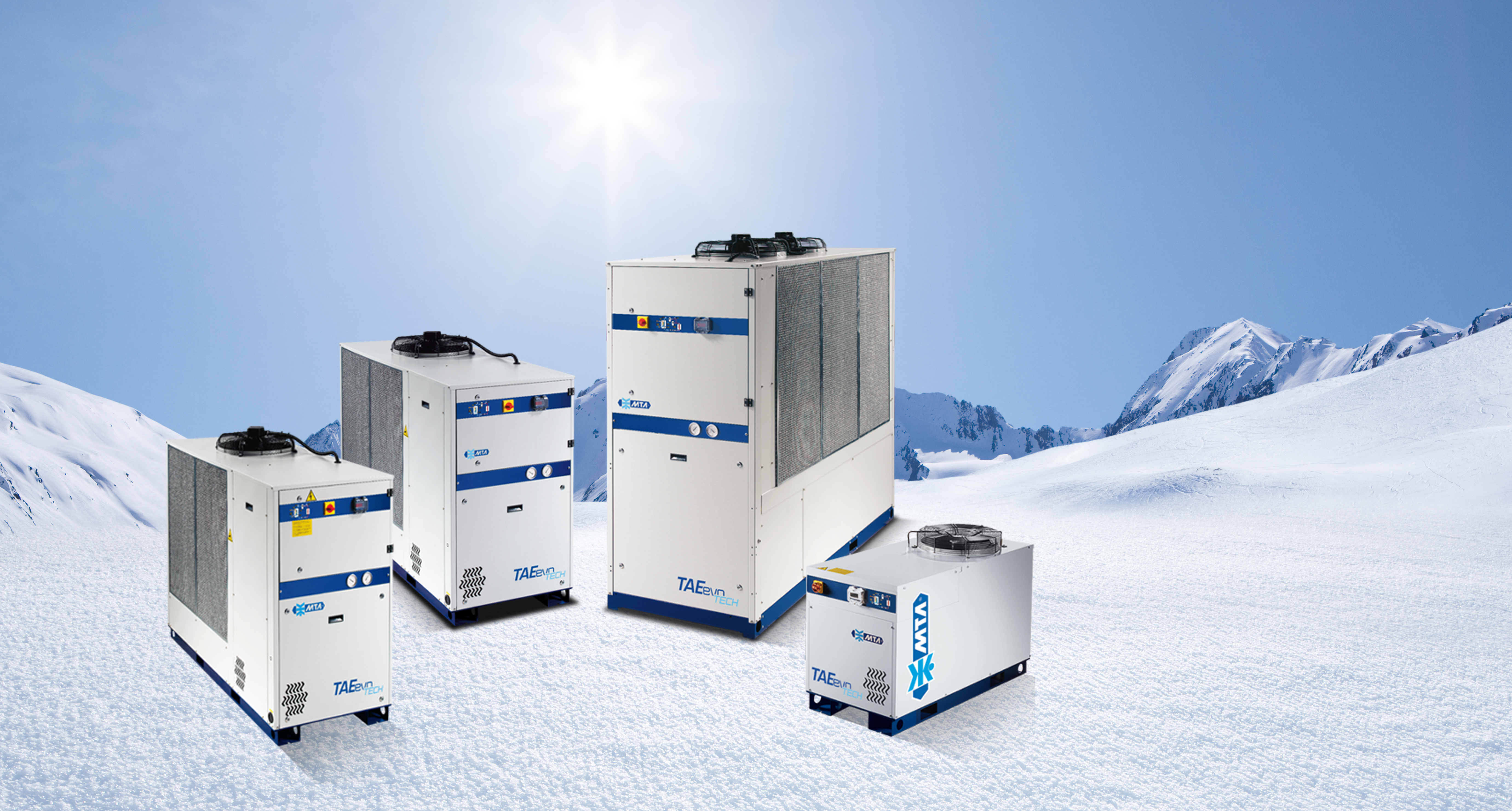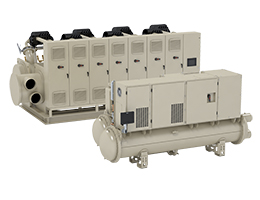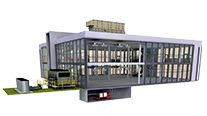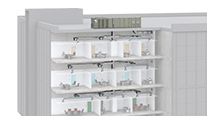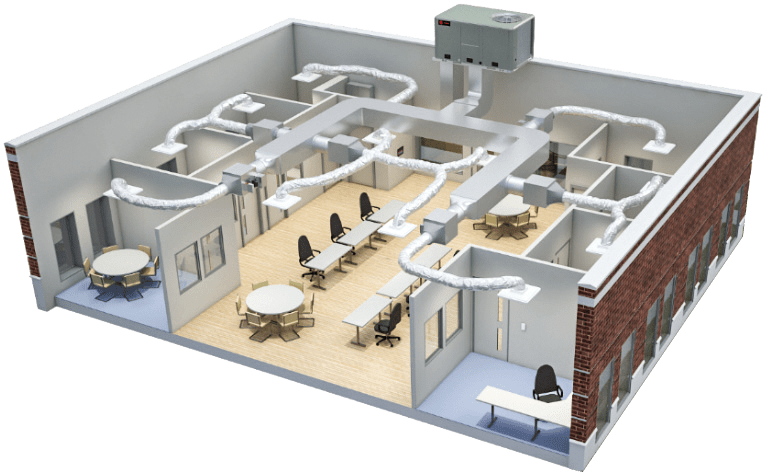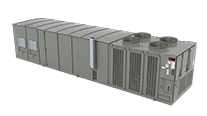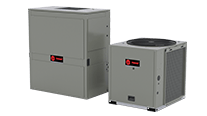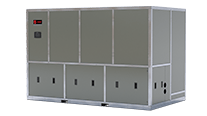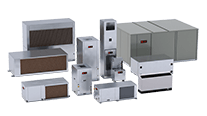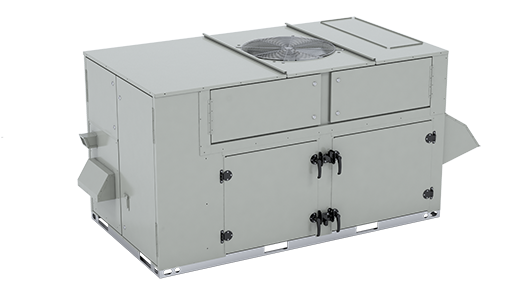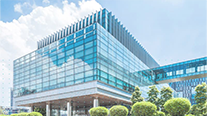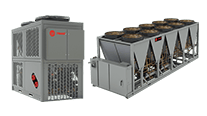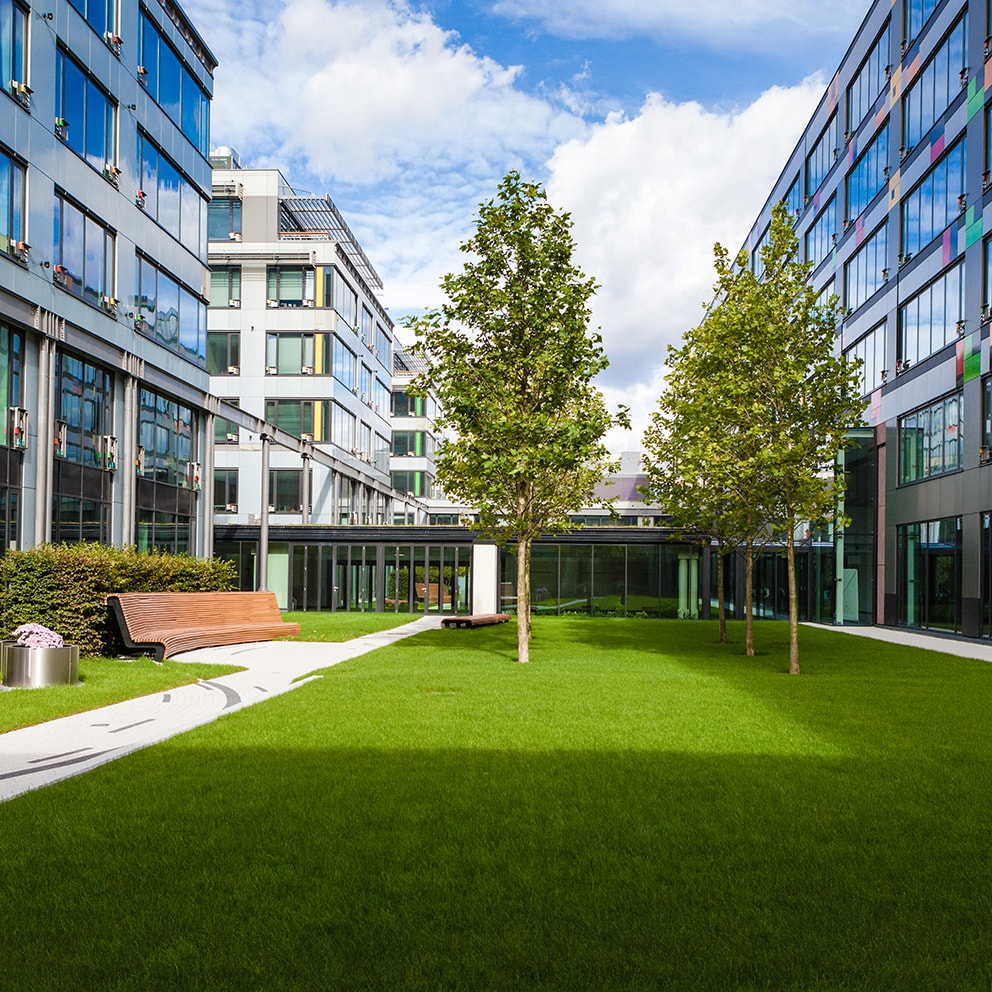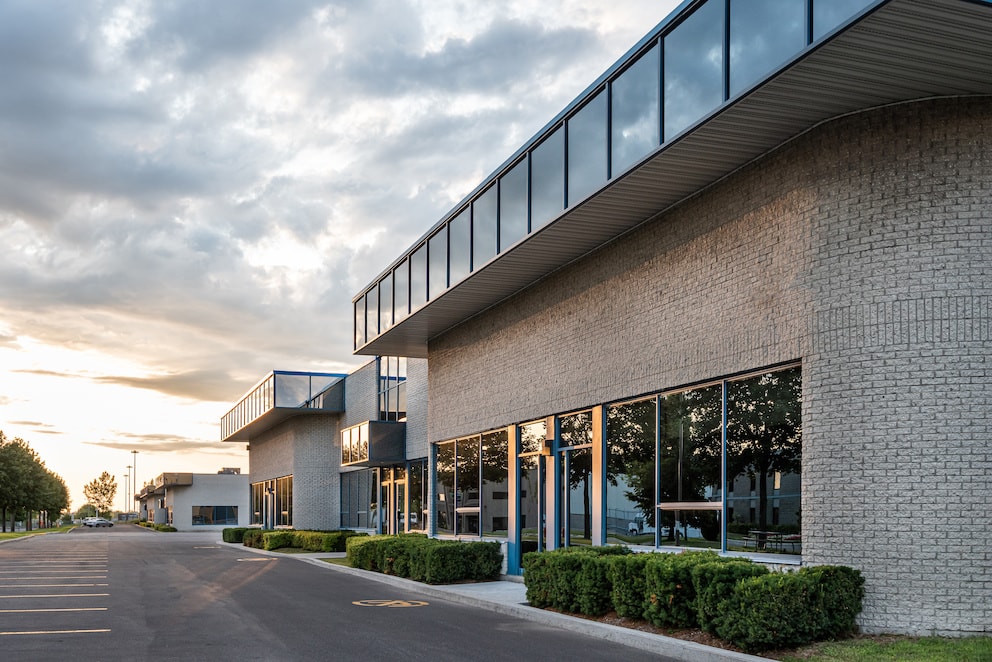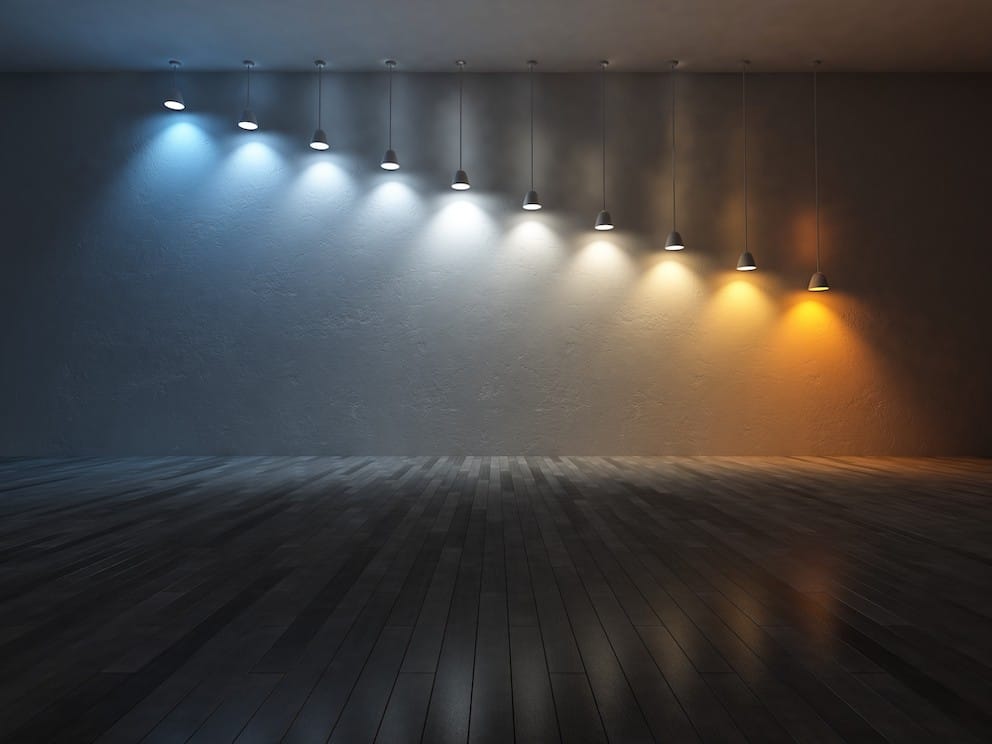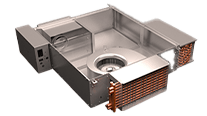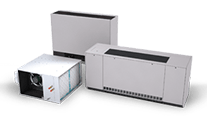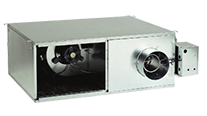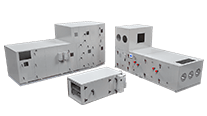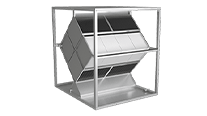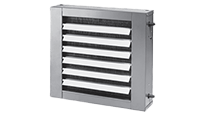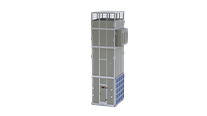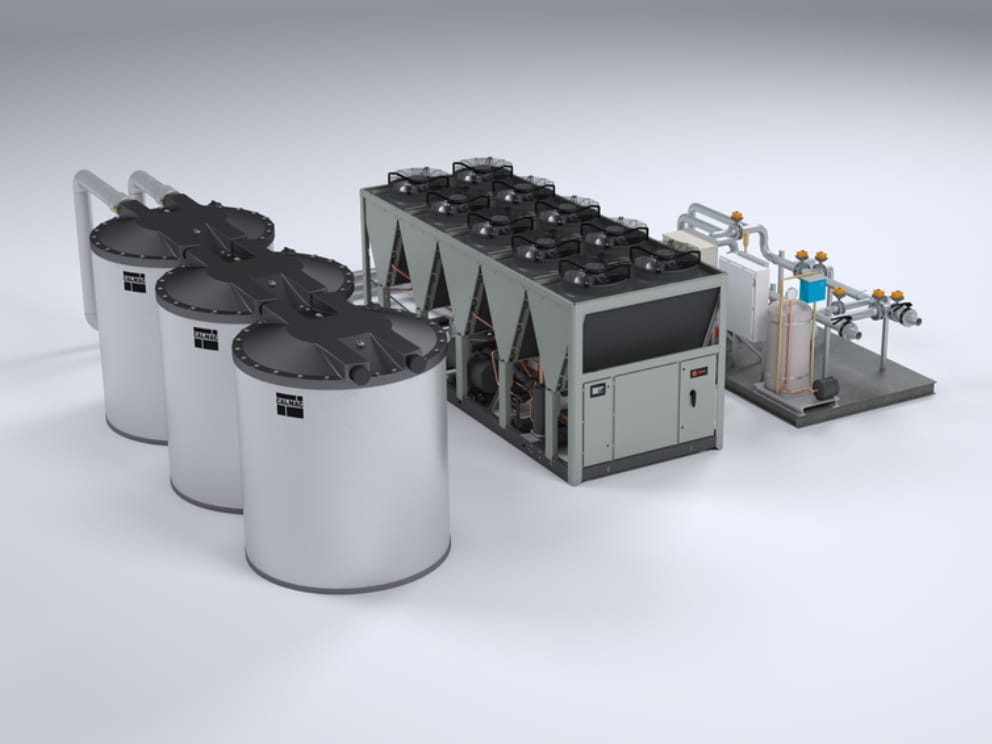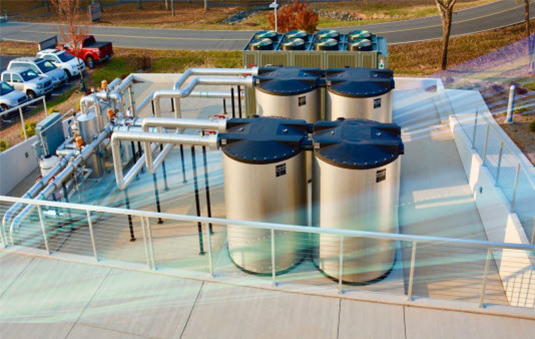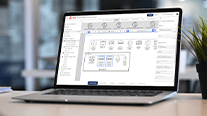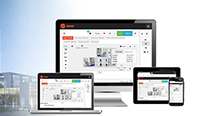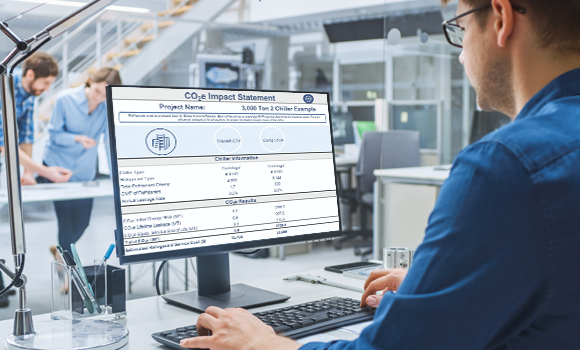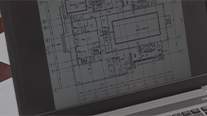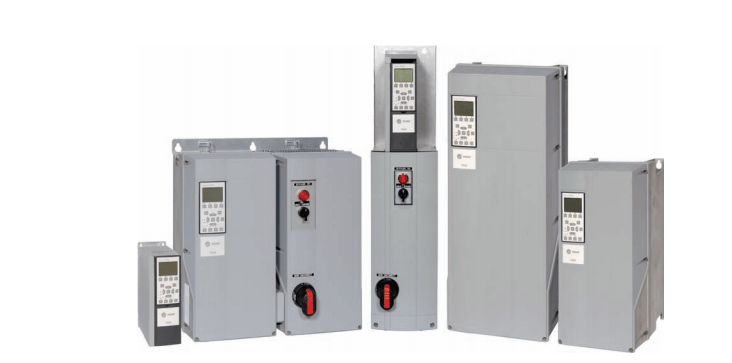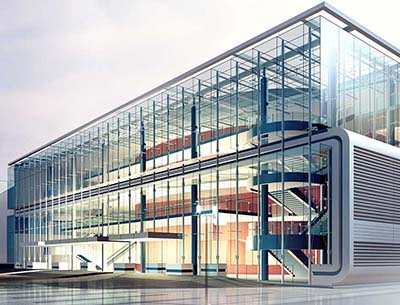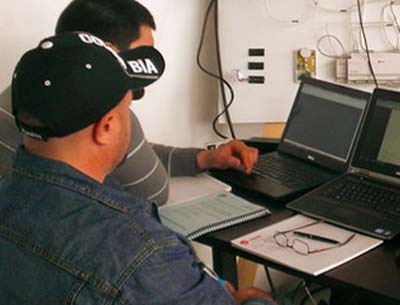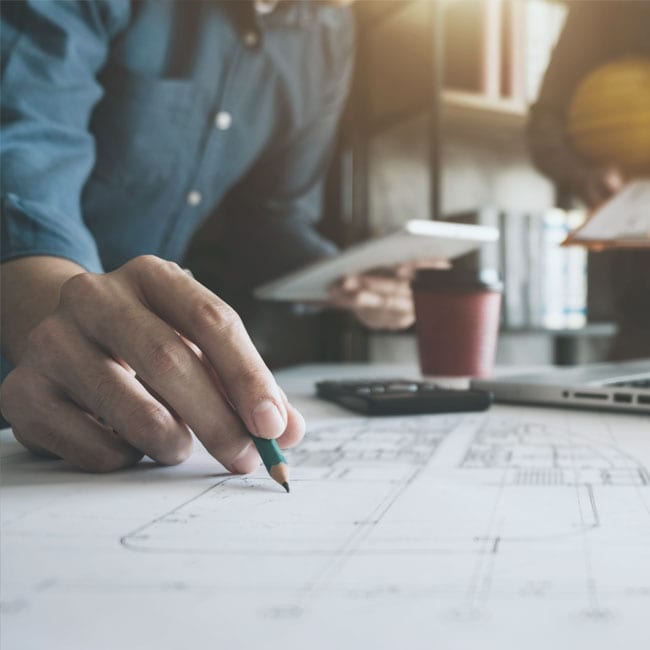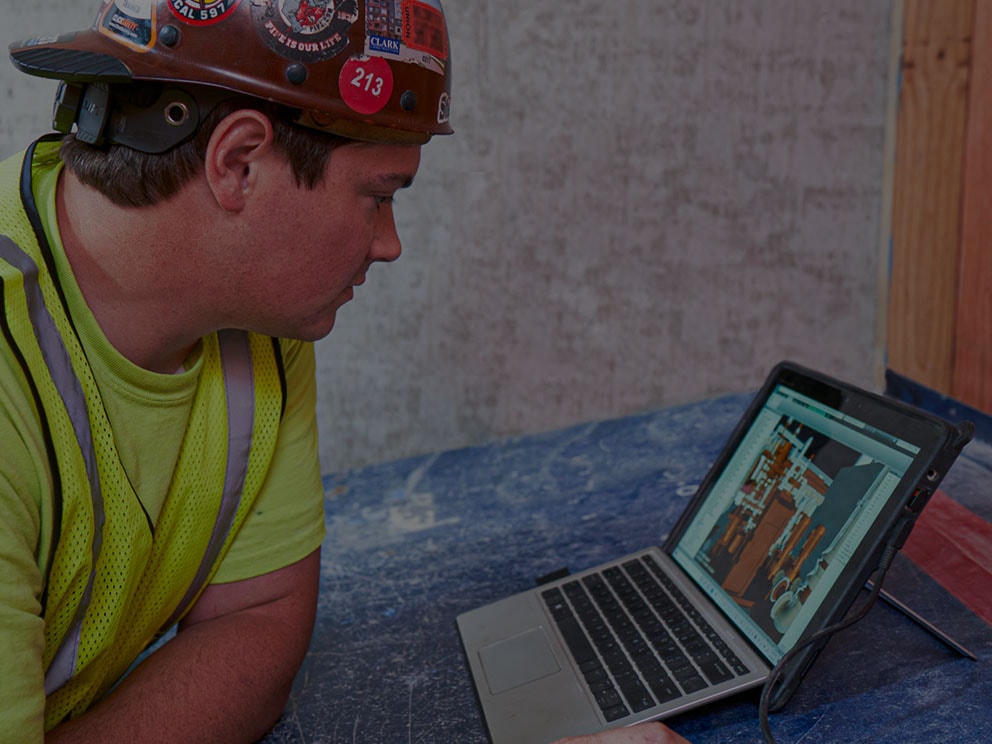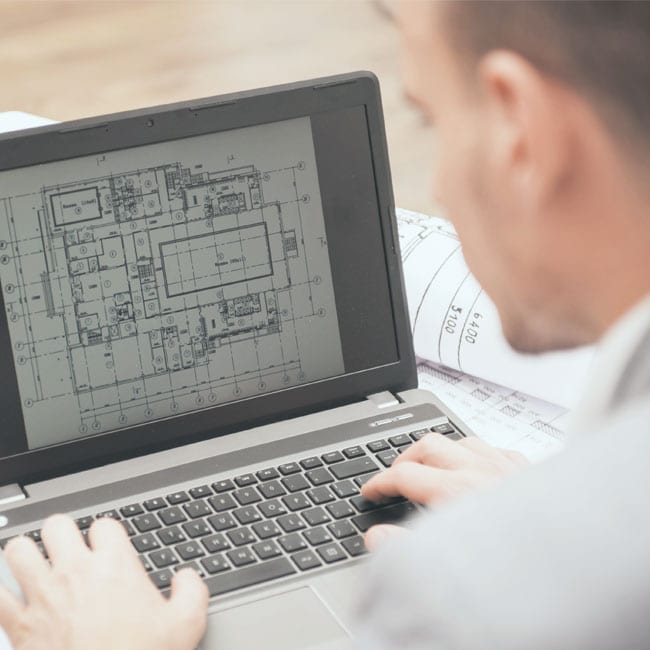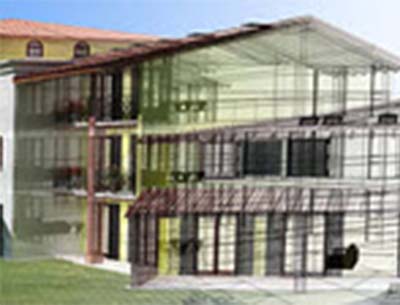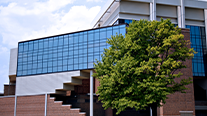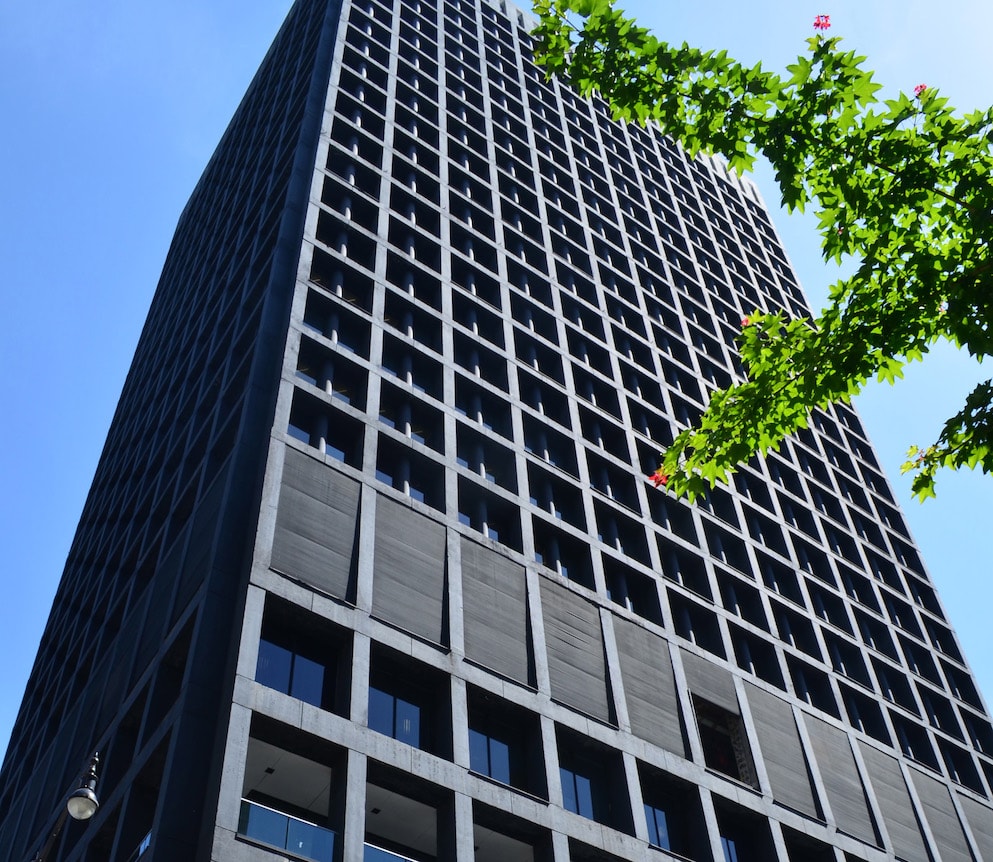Now is the Time to Consider Building Improvements
August 29, 2016

(This article is part of the Roadmap 2 Summer Series. Click here to read last week’s article.)
As summer winds down, you likely have a better idea of what improvements can be made in your building to help optimize energy efficiency, occupant comfort and equipment performance. Now is a good time to consider what improvement projects need to be done that will pay off during the hottest days next summer — and all year long.
There is a wide range of options to consider that can help improve system and building performance. The right solution for you depends upon several factors, including your budget and timeline, the needs and size of your facility, and performance or efficiency goals in place.
Start with the Basics
Start by analyzing your building and equipment data to see how the building is operating. Using this information, you can uncover easy, no and low-cost improvements that don’t require much investment of time or money from you but that can pay off significantly in improved energy efficiency and occupant comfort.
These improvements can include things such as better utilization of scheduling for your building equipment and systems to better match how your building is actually being used. Improved scheduling can help you shift peak loads in your building to times of day when energy is less expensive. Also be sure to adjust building schedules for weekends and holidays to avoid spending more than necessary to run the building when it’s unoccupied.
Other easy improvements that can improve efficiency include making sure all doors and windows are sealing properly.
The next step is to look at any problem areas in your building. Are there areas where you frequently get hot or cold complaints? Look at the systems and equipment in those areas to get to the source of the problem. Addressing these types of issues can save you time and money in maintenance and service calls.
Keep in mind that equipment typically falls out of optimization over time. Regular monitoring and analysis help you to continually commission systems to maintain their expected performance for improved energy efficiency.
Consider equipment upgrades
An analysis of building systems and equipment can also help you see when equipment upgrades might be needed.
Like other equipment in our daily lives, such as home appliances, installing new HVAC equipment in your commercial building can offer tremendous energy efficiency improvements and savings. Because of the energy savings offered, new equipment can often pay for itself within a few years. Consider if you have old or obsolete equipment that needs to be serviced or replaced with new equipment that is more efficient. With the improved efficiency, this can help provide permanent demand reduction that contributes to a reduced utility bill, especially in the high-demand summer months.
There are also technologies available that can help shift energy demand to times of day when energy is less expensive. One example of this is installing a thermal storage system, which can result in a significant shift in the timing of energy load demand.
These systems store surplus cooling energy at night, when energy prices are lower and cooling equipment is more efficient. During the day or during periods of limited power, the stored energy is used to cool the building. Making and storing ice rather than chilled water means that cooling energy can be stored in smaller tanks. Air-cooled chillers are ideal for making ice because they experience a bigger efficiency boost at night.
This type of investment is more of a financial commitment, so make sure the analysis shows a return on investment that fits your budget and timeline planning. Trane energy professionals can help evaluate your building needs and costs in considering your options and assist you in formulating a financial plan for improvements.
Take Action
In most cases in life, it’s better to be proactive than reactive. This is true, as well, when you’re considering improvements to your building systems and equipment.
Proactive maintenance, service and improvement projects — and sometimes even replacement — can help save time and money that might otherwise be spent dealing with occupant complaints and unexpected repairs and breakdowns. It can also help you achieve much greater energy efficiency that contributes to lower utility bills.
Even low-cost, small improvements can help you get the most out of your building systems for optimized performance, efficiency and occupant comfort.
Join us next week, when we look ahead to preparing your building for fall and winter.


